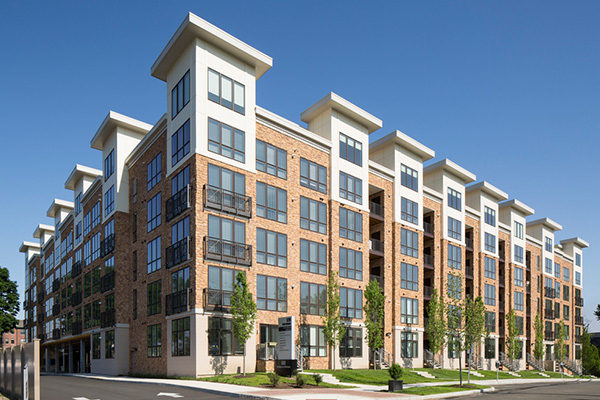 As negotiations over the state budget continue, Gov. Ned Lamont is apparently facing some opposition not just from Republicans but also from fellow Democrats.
As negotiations over the state budget continue, Gov. Ned Lamont is apparently facing some opposition not just from Republicans but also from fellow Democrats.
The Finance, Revenue and Bonding Committee has approved a $1.3 billion revenue increase, funded in part by a 2% increase on capital gains earnings ”“ from 6.99% to 8.99% ”“ for individuals whose total earnings from all sources exceed $500,000 ($1 million for couples), something Democrats said could raise $262 million a year but that Lamont has opposed.
The committee”™s plan would also maintain the hospital tax, which will bring in an estimated $516 million that was previously scheduled to decrease. The state”™s hospitals have been vocal about their opposition to the tax and expressed hope following Lamont”™s election that a compromise could be worked out.
The committee”™s plan also seeks to supersede the governor”™s proposed 1.5-cent-per-ounce tax on sugar-sweetened drinks with a 1 cent sales tax increase for restaurant food and prepared meals.
The committee also favors establishing a 6.35% tax on retail recreational marijuana sales, with an additional 3% local tax that could be imposed in jurisdictions that allow cannabis businesses to operate. Marijuana transfers from growers would also be taxed at $35 per ounce. Lamont has said he favors legalizing recreational marijuana as a means of raising revenue.
The Finance Committee also approved a 10-cent charge for plastic bags, which would raise $29 million to $32 million, something that Lamont has also supported.
The committee”™s budget would also commit a larger portion of the motor vehicle sales tax to the state”™s Special Transportation Fund than Lamont has proposed.
“This budget contains much more than a tax on the wealthy,” Senate Republican President Pro Tempore Len Fasano said. “This includes higher taxes on everyone. It steals transportation dollars, further hurting Connecticut”™s infrastructure and bankrupting our Special Transportation Fund. It moves our state in the opposite direction of the progress we have made over the last two years in our bipartisan budgets.
“The proposal we have before us today is exactly what Democrats tried to pass two years ago,” Fasano said. “They couldn”™t pass it then, but now that they are back in power they are going right back to their old playbook, turning to the tax-and-spend policies that have devastated our state before.”
The Republican leader also maintained that the committee”™s budget plan “destroys Gov. Lamont”™s ”˜debt diet”™ and implements a capital gains tax the governor repeatedly said he would not support. Yet again we are seeing the governor get pushed around by members of his own party. Is he going to take a stand on anything, or is he going to continue operating in fear of Democrat legislators?”
Lamont”™s director of communications Maribel La Luz shot back with a statement of her own.
“What”™s ironic but not surprising is that someone who claims to be a fiscal hawk like Sen. Fasano is actually an evangelist for binge borrowing that devastates our state”™s taxpayers and saddles generations to come,” she said. “If Sen. Fasano spent half as much time developing an honest revenue and spending plan rather than legislating via press release, we might all be able to come together and move our state forward.
“What would actually destroy the governor”™s Debt Diet is Sen. Fasano”™s $11.2 billion transportation loan that forces Connecticut resident”™s to foot 100% of the bill,” she added. “These cheap shots from the sidelines are straight out of Sen. Fasano”™s tired playbook. What we”™d really like to see is his budget book.”
But Fasano was not the only critic of the plan. In a statement to the press, Yankee Institute President Carol Platt Liebau said the proposals “demonstrate a disturbing inability to learn from the negative impact of past tax increases.
“As we”™ve seen before, increasing Connecticut”™s capital gains tax is likely to drive even more high-income residents from our state, thereby burdening those without the means to relocate with increased taxes, plummeting property values, and fewer services,” Liebau said.




















